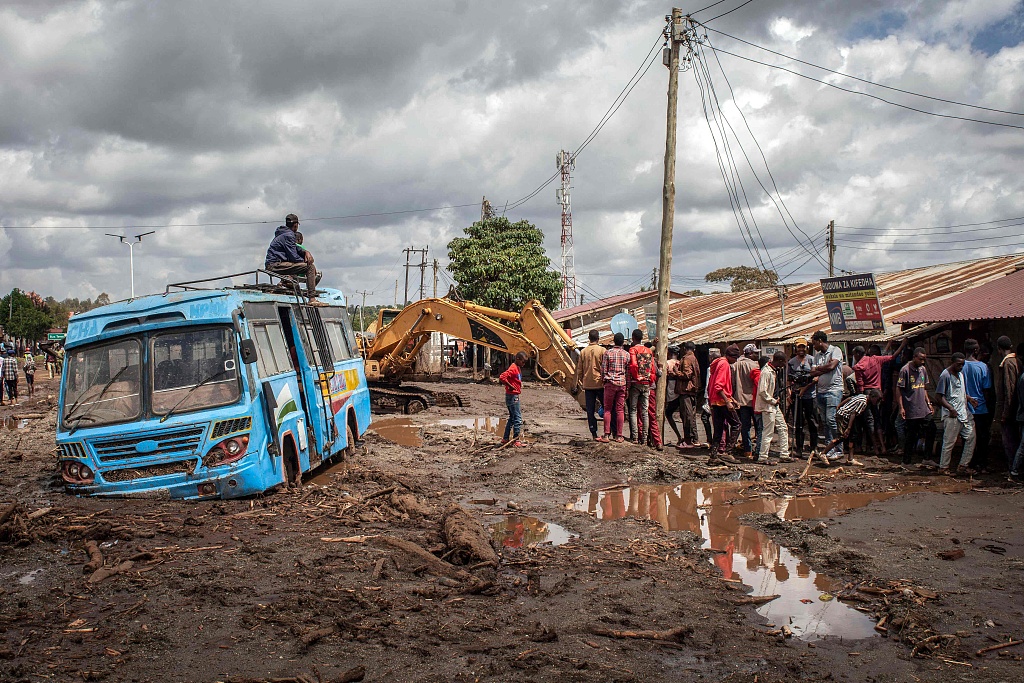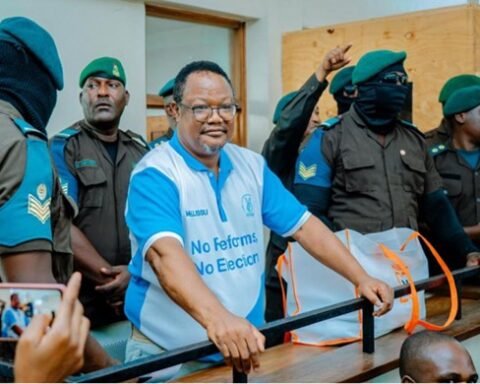Tanzania continues to demonstrate its expertise in disaster management by implementing effective systems for disaster response and utilizing advanced technology, alongside established guidelines, regulations, and laws that govern these processes.
This was stated today in Namibia by Ummy Nderiananga, Deputy Minister in the Office of the Prime Minister responsible for Policy, Parliamentary Affairs, and Coordination, during a press conference following the conclusion of the Eighth Leaders’ Summit on Disaster Risk Reduction.
In his remarks, Nderiananga highlighted the significant investments made by the Tanzanian government, particularly in enhancing technology that aids the nation in disaster response. He noted the establishment of a Disaster Monitoring Center at the National Emergency Operations and Communication Center as a critical component of this effort.
“This center has positioned our country as a leader in disaster management, particularly in the areas of prevention, preparedness, and response when disasters occur,” Nderiananga stated. He emphasized the importance of leveraging technology to improve disaster response capabilities and ensure effective communication during emergencies.
The Deputy Minister elaborated on Tanzania’s proactive approach to disaster management, which involves collaboration with various stakeholders, including government agencies, non-governmental organizations, and international partners. By fostering these partnerships, Tanzania aims to create a comprehensive disaster management framework that addresses the complexities of disaster risk reduction.
Read More; Tanzania’s Economic Growth to Boost Investment
During the summit, which brought together leaders from various countries, Nderiananga showcased Tanzania’s initiatives and achievements in disaster risk reduction. He shared success stories, highlighting how the country has effectively mitigated the impacts of natural disasters through strategic planning and community engagement.
Nderiananga also called for increased global cooperation in addressing the challenges posed by climate change, which has heightened the frequency and intensity of disasters worldwide. He underscored the necessity for countries to share best practices, experiences, and resources to build resilience against disasters.







